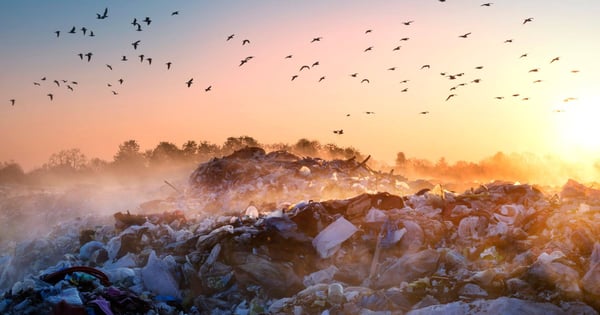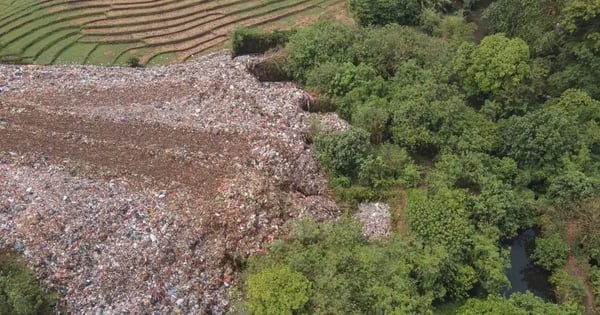Stay up to date
Stay up to date
Microplastics Explained: What They Are, Why They Matter & What You Can Do
Humans consume and inhale up to 211,000 microplastic particles in a single year (American Chemical Society, 2019). That is estimated six times more microplastics than in 1990 (Health Policy...
Continue ReadingWhat Happens to the Plastic Waste CleanHub Collects?
At CleanHub, it’s our mission to make sure no plastic ends up in our oceans.
Continue ReadingTop 7 Solutions to Plastic Pollution: What's the Latest Tech?
The negative fallout of plastic pollution has led to a wave of innovation in everything from plastic recycling to waste collection systems.
Continue ReadingThe Complete Guide to Plastic Credits
As businesses start paying more attention to their environmental, sustainability, and governance (ESG) goals, plastic credits have grown in popularity.
Continue ReadingHow Much Plastic is in the Ocean in 2024?
For every person on the planet, there are 21,000 pieces of plastic floating in the ocean (Washington Post, 2023). This is just one of countless alarming figures that have emerged about the...
Continue ReadingHow Does Plastic Affect Human Health?
In 2020, a study found microplastic particles in the placentas of unborn babies for the very first time. Researchers said it was a “matter of great concern” that humans are exposed to...
Continue ReadingTop 21 Facts About Plastic Pollution
Our planet faces one of its biggest challenges in 2024: plastic pollution. The material has undeniably transformed human life, making things convenient for sectors like medicine and retail....
Continue ReadingWhat Are the 6 Most Common Sources of Ocean Pollution?
There are now an estimated 170 trillion particles of plastic in the ocean, according to a recent study by 5 Gyres. That’s roughly 21,250 pieces of plastic for every person on the planet.
Continue ReadingTop 6 Ways to Clean up the Oceans
It's estimated that about 11 million tonnes of plastic enter the oceans each year, according to Ocean Conservancy, which takes a massive toll on marine life and contributes to climate...
Continue ReadingPlastic Crisis: The Most Polluted Countries in the World
Humans produce more than 400 million tons of plastic waste every single year, according to the United Nations Environment Program (UNEP).
Continue Reading
.jpg?width=600&name=Microplastics%20in%20hands%20(1).jpg)
.webp?width=600&name=CleanHub-waste-sorters-%20(1).webp)
.webp?width=600&name=solar-collection%20(1).webp)
.webp?width=600&name=Picking-up-plastic-waste%20(1).webp)
.webp?width=600&name=Plastic-pollution-surface-of-water%20(1).webp)


.webp?width=600&name=Waste-on-the-beach%20(1).webp)
.webp?width=600&name=CleanHub-waste-worker%20(1).webp)
%20(1).webp?width=600&name=Plastic-on-the-beach%20(2)%20(1).webp)
